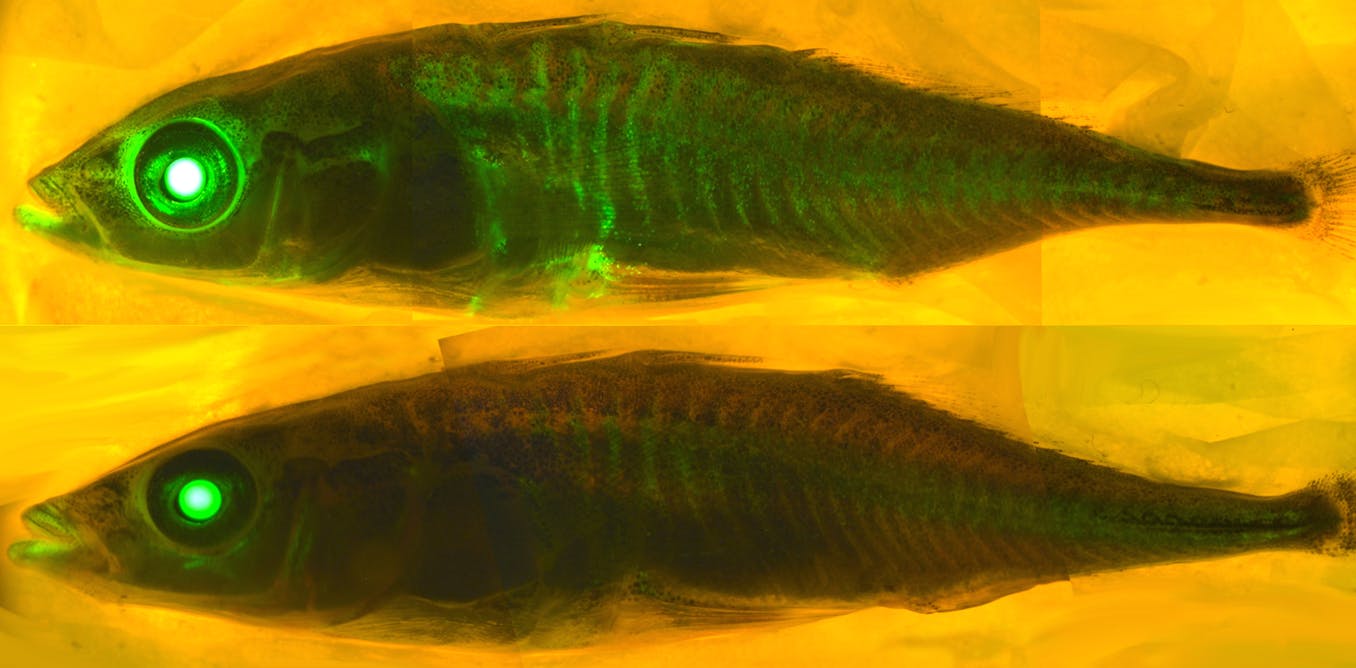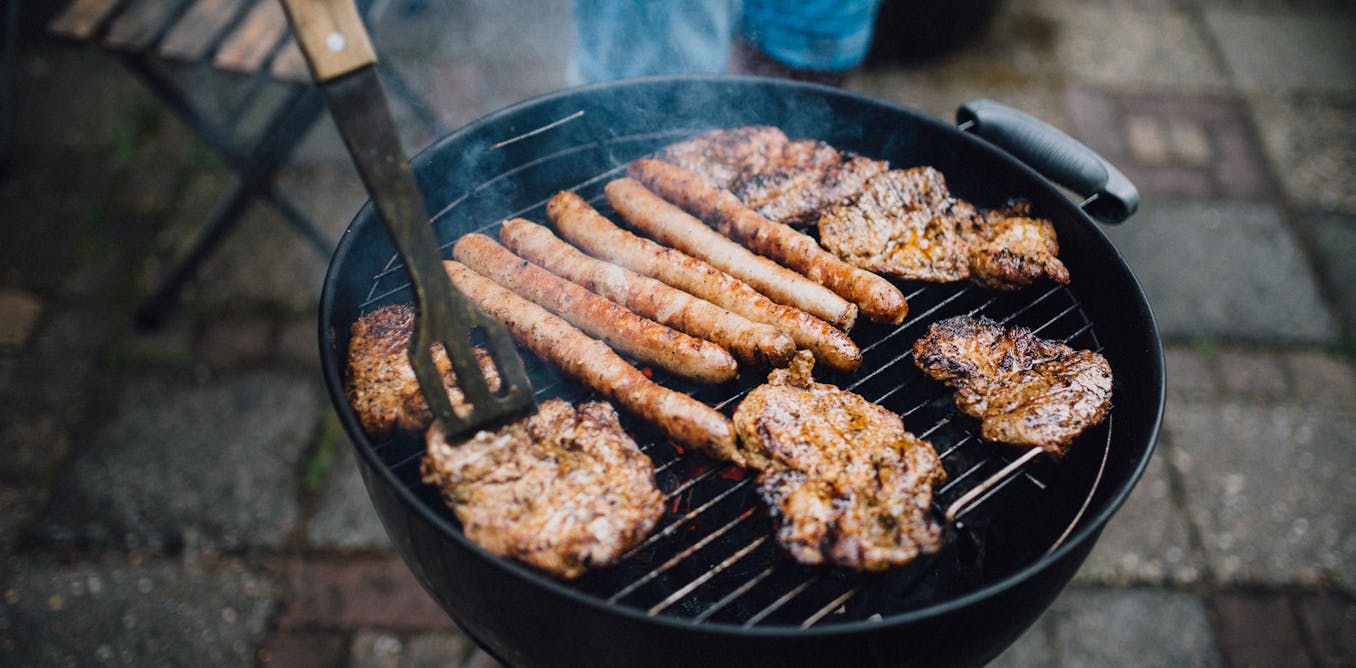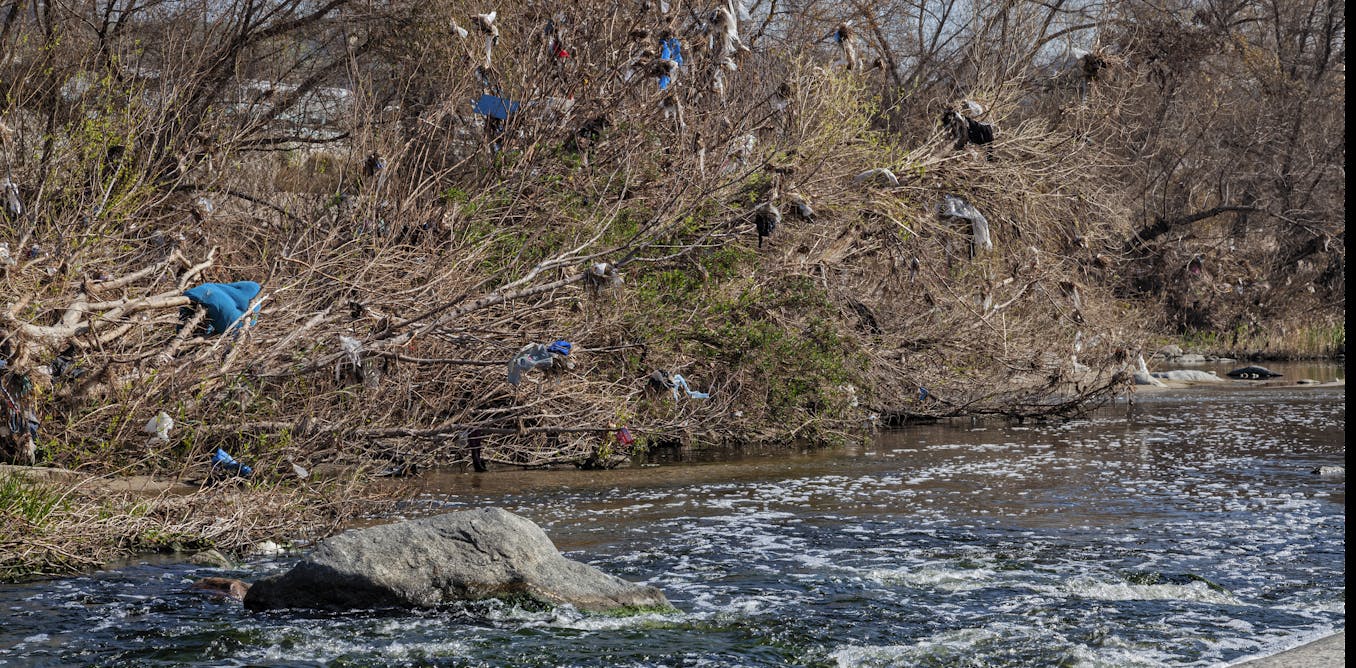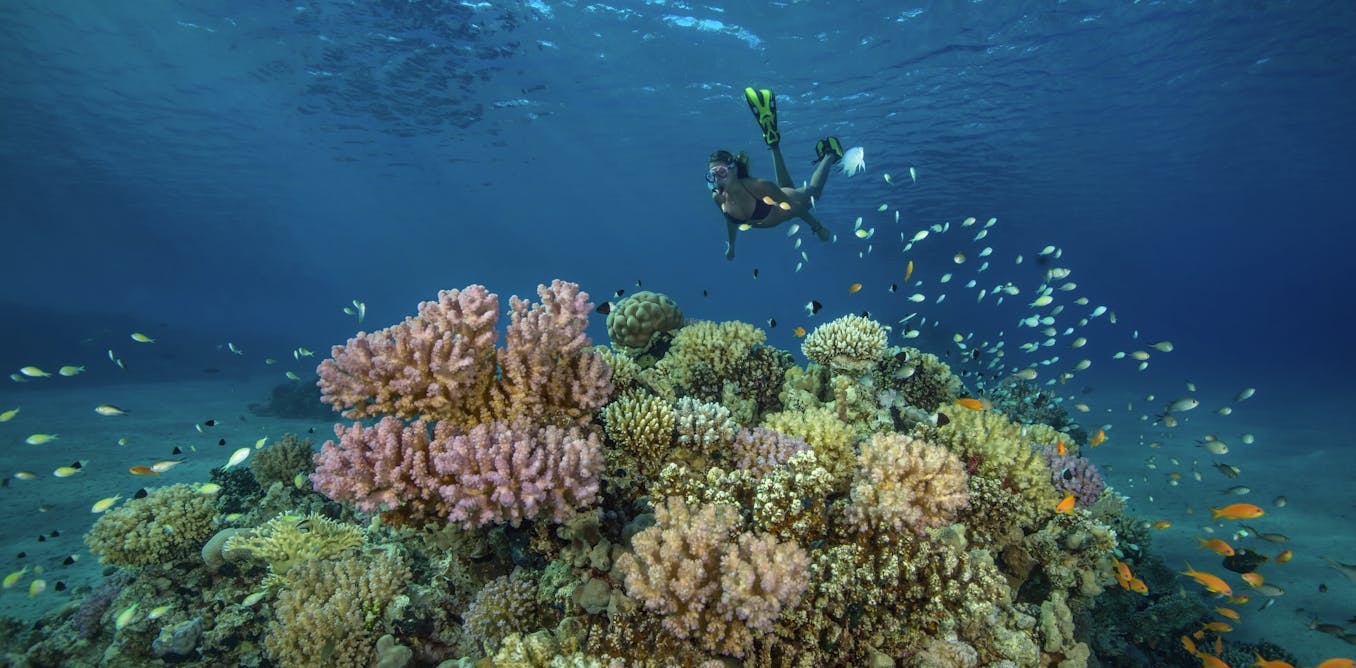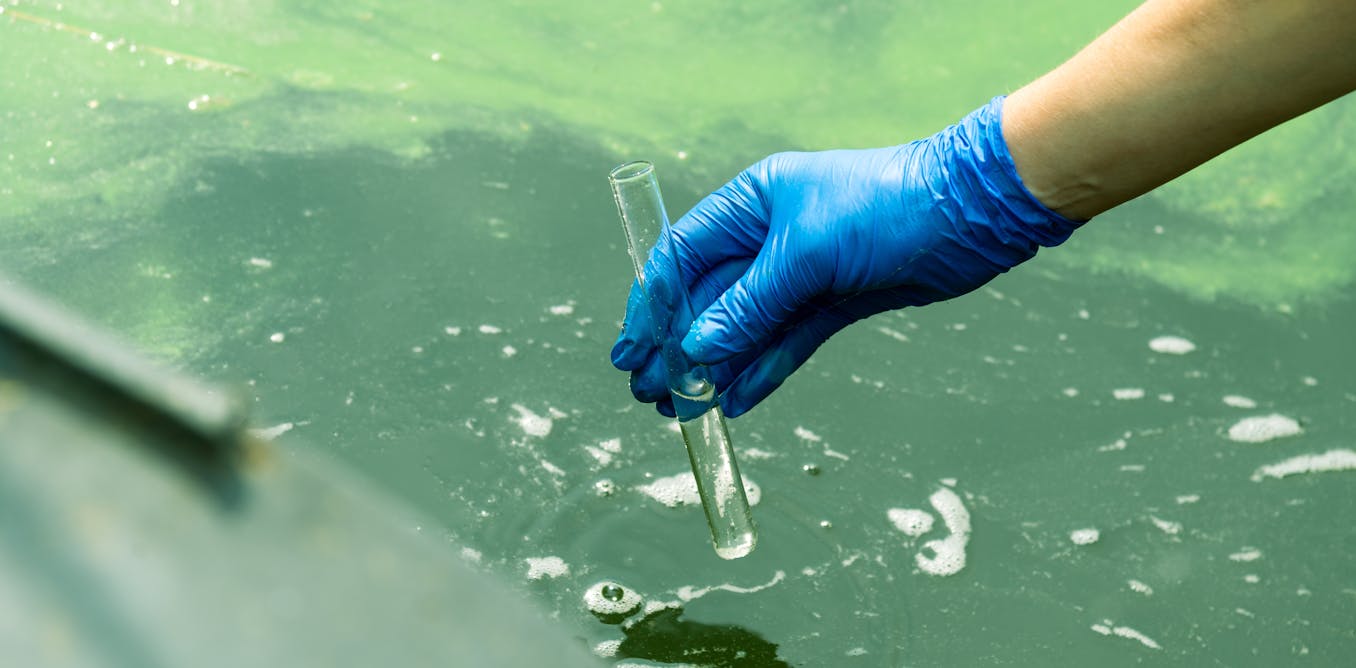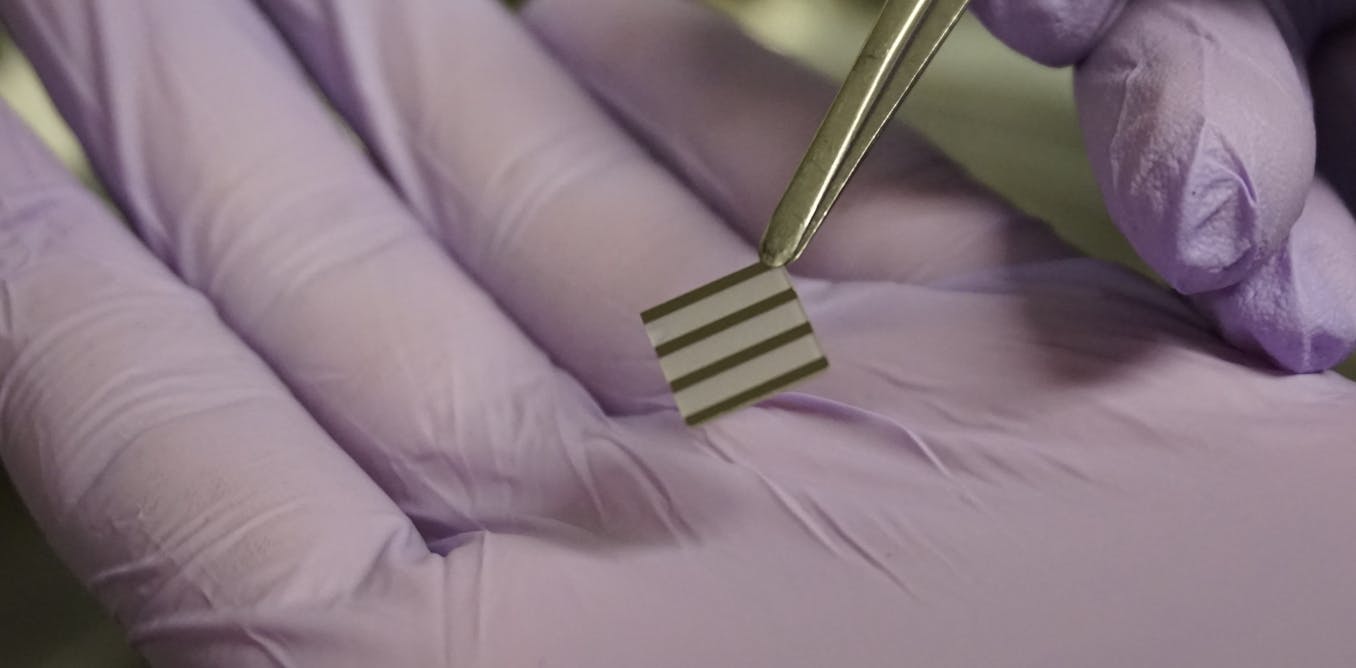A celebrated AI has learned a new trick: How to do chemistry
The AI AlphaFold can figure out the three-dimensional protein structure any string of amino acids will become. It has now exceeded its training by figuring out what makes some proteins glow.
June 16, 2022 • ~9 min

